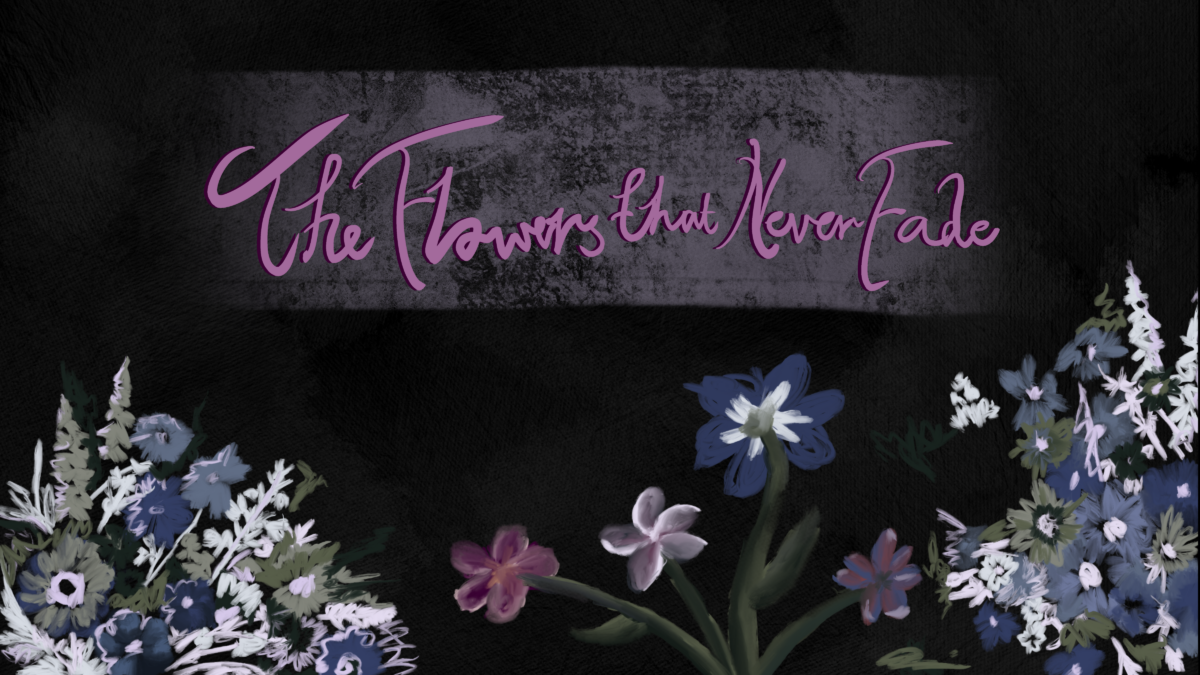Aana sat by the window, the golden light of dusk spilling through the curtains. She held a small, delicate flower pressed between the pages of an old leather-bound diary. It was a memory, a whisper of a time long gone, but one that would always be with her.
She could remember, as if it were just yesterday, the scent of the flowers that filled their home, coming from every corner of their garden. It was a ritual, a part of their lives that had been woven so deeply into the fabric of their days that it felt like it was always meant to be. Her mother, Zhara, had always tended to the flowers with such love and care. There were roses, jasmine, daisies, and marigolds — each a symbol of something, a quiet reminder of moments shared.
But what Aana cherished most were the flowers her father brought home every week, without fail. “For you, Zhara. For you, Aana,” he’d say, his voice full of warmth as he handed them over. Her mother’s smile would bloom in response, her eyes sparkling as though she were falling in love with him all over again. The flowers, though fleeting, became a language of their own in their home — a language of love, memories, and connection.
Her mother never let a single one of those flowers fade without a trace. She carefully pressed them, preserving their essence in books, between pages, in a delicate ritual that both marked time and stopped it. “Flowers can be more than just beautiful, Aana,” she had told her. “They are memories, little markers of our love, of the moments that matter. And we should hold onto them because those flowers will never truly fade if we carry them with us.”
At the time, Aana hadn’t fully understood what her mother meant. But now, as she traced her fingers over the fragile petals of the pressed flower, it all came rushing back.
It was after the accident — the one that took her father away far too soon — that the true meaning of her mother’s words became clear. For a long time, it felt like their world had stopped, as though the joy of those weekly flowers had been cut off. Yet, her mother had kept those flowers, carefully preserved in their pressed forms. Now and then, she would bring them out, showing Aana how each one held a piece of their past — a memory of the quiet, enduring love her father had so selflessly given.
“The flowers,” her mother said one evening, voice thick with emotion as she traced the edges of the delicate blooms, “they’re not just reminders of him. They’re pieces of him. Every flower carries his presence, even now. They’re not gone; they’re still with us — always.”
At that moment, Aana understood. The flowers weren’t merely symbols of affection — they embodied a love that surpassed time and loss. The memory of her father, captured in the fragile folds of each petal, lived on. Whenever she felt the ache of his absence, she could reach for those flowers — the pressed fragments of time — and feel his love wrap around her like a soft embrace.
As she held a flower in her hand, Aana could feel his presence, like a whisper. He had given them the gift of memory; those precious flowers would always remind her that love never truly dies. It only changes form, becoming something that lives forever in the heart.
We acknowledge the Ngunnawal and Ngambri people, who are the Traditional Custodians of the land on which Woroni, Woroni Radio and Woroni TV are created, edited, published, printed and distributed. We pay our respects to Elders past and present. We acknowledge that the name Woroni was taken from the Wadi Wadi Nation without permission, and we are striving to do better for future reconciliation.
